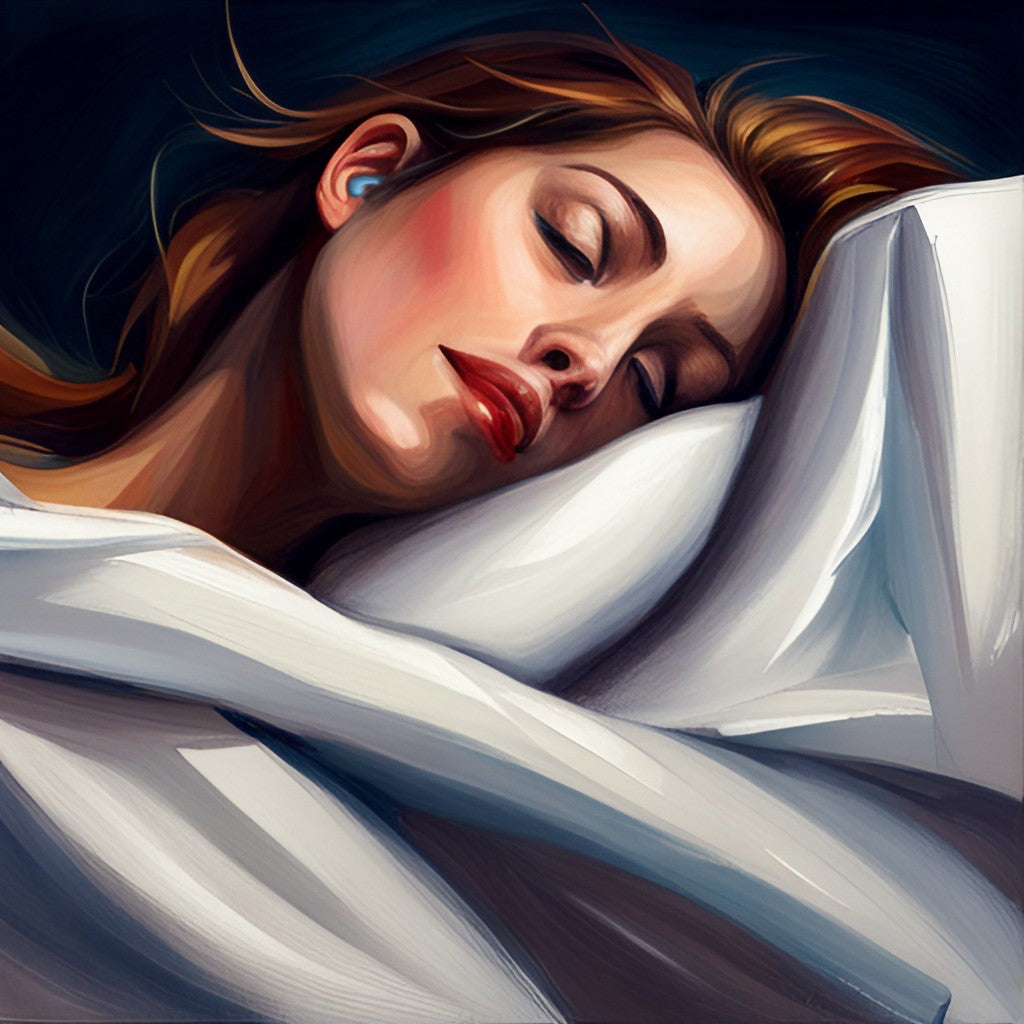In our bustling world, finding a peaceful night's sleep can be challenging. Earplugs for sleep have emerged as a simple yet effective solution to this problem. This blog post delves into how using earplugs for sleep can significantly enhance your life quality.
The Power of Uninterrupted Sleep Sleep earplugs are designed to create a serene environment, free from disturbances. Whether it's street noise, a snoring partner, or other household sounds, earplugs effectively block out the noise, allowing you to enjoy uninterrupted sleep. Good sleep is foundational to overall health, and earplugs are a key tool in achieving this.
Boost in Daily Productivity A restful night's sleep, aided by the best earplugs for sleeping, is directly linked to increased productivity and focus. When your sleep is deep and undisturbed, you wake up refreshed and ready to tackle the day's challenges with renewed energy and concentration.
Enhanced Physical and Mental Health Consistently good sleep, facilitated by comfortable earplugs for sleep, is essential for maintaining both physical and mental health. Adequate rest helps in stress reduction, memory improvement, and bolstering the immune system, contributing to an overall healthier lifestyle.
Choosing the Right Earplugs for You When selecting earplugs for sleeping, it's important to consider comfort, material, and noise reduction capabilities. There are various types available, from foam to silicone, each catering to different preferences and needs. A well-fitting and comfortable pair of earplugs can make a significant difference in sleep quality.
Conclusion Integrating earplugs into your nightly routine is more than just a step towards better sleep; it's a step towards a healthier, more productive life. For those looking to improve their sleep quality, earplugs present a simple, affordable, and effective solution.




